WORLD FARM ANIMALS DAY - 2nd OCTOBER
Farm Animals Day is a global event that aims to raise awareness and compassion for the billions of animals that are exploited, abused, and killed for human consumption every year. The farm animal rights movement, which was founded in 1981, organizes various campaigns and activities on this day to expose the cruelty and injustice of animal agriculture, and to promote veganism as a way of living in harmony with other animals. The farm animal rights movement believes that all animals have inherent value and deserve to live free from human oppression and exploitation. By celebrating Farm Animals Day, they hope to inspire people to adopt a plant-based diet and join the growing movement for animal liberation.
The farming industry is one of the most cruel and destructive industries in the world. It is responsible for the suffering and death of billions of animals every year, as well as the environmental degradation and public health risks associated with animal agriculture. According to the World Economic Forum, more than 50 billion land animals are killed for human consumption annually, and the number of aquatic animals killed is estimated to be in the trillions. Factory farms confine animals in crowded, filthy, and stressful conditions, where they are subjected to routine mutilations, genetic manipulation, hormonal injections, and artificial insemination. They are denied their natural behaviors, social interactions, and basic needs. They are transported long distances without food, water, or rest, and are slaughtered in brutal and inhumane ways. The farming industry treats animals as commodities, rather than as sentient beings who have inherent value and deserve respect and compassion. By exposing the cruelty and injustice of the farming industry, we can inspire people to make more ethical and sustainable food choices that benefit animals, the environment, and human health.
The farm industry, often covered in idyllic images of rolling pastures and happy animals, hides a grim reality that most consumers are unaware of. Behind the closed doors of factory farms, slaughterhouses and industrial facilities, a horror story of enormous proportions is hidden. Factory farming of animals is characterized by overcrowded and cramped spaces where animals are exposed to unimaginable suffering. Pigs, chickens, and cows are often confined in small cages or pens, unable to move at all or behave naturally. Chickens on industrial farms, which are of the cage type, spend their whole lives in cages where they cannot spread their wings at all, while pigs are often surrounded by metal fences where they cannot even turn around. To relieve stress and aggression caused by overcrowding, farm animals often undergo painful procedures without anesthesia. Chickens' beaks are trimmed in the farm industry, pigs' tails are docked, and cows are dehorned. These practices are carried out to improve productivity and earnings, and on the other hand, cause severe pain and distress to the animals.
The process of slaughtering farm animals is gruesome and painful, and many animals undergo long journeys from industrial farms to slaughterhouses, without access to food, water, or rest. The methods of stunning animals before slaughter, which are most common in practice, often do not render the animals unconscious, which leads to long-term suffering of the animals. The farm animal industry relies heavily on antibiotics to promote faster growth and prevent certain diseases in animals, however, this overuse contributes to the development of antibiotic-resistant bacteria, which poses a significant threat to human health. The rise of superbugs has the potential to render antibiotics ineffective, making even common infections deadly.
The latest data indicate that the consumption of meat in the world is extremely high, reaching the figure of 360 million tons per year on a global level. In this sense, every day the farm industry kills about 900,000 cows and about 202 million chickens, and it is assumed that the number of fish is even higher than that. The farm industry is proven to be one of the biggest contributors to global warming, deforestation, water pollution, soil erosion, loss of biodiversity, and depletion of natural resources. UN data indicate that the agricultural industry is responsible for about 18% of greenhouse gas emissions, uses 70% of agricultural land, is the leading cause of deforestation consumes about 8% of global water use, and pollutes waterways with animal waste, antibiotics, hormones, and chemicals. The farming industry poses serious risks to both human health and general well-being. It is a major source of food-borne diseases, such as salmonella, E. coli, and campylobacter, and also contributes to the emergence and spread of various zoonoses, such as bird flu, swine flu, mad cow disease and, more recently, COVID-19.
In order to solve this problem globally, we need to implement policies and laws that protect the rights and welfare of animals, and that regulate the farming industry in a better way. Individuals who study this issue point out that the effects of the farm industry have become so negative for the entire planet that the only solution appears to be a transition from animal-based agriculture to plant-based agriculture, which as such is more efficient, sustainable, and humane. Individually, each of us can help solve this problem by simply stopping funding the farm industry and the big companies that base their products on it.



